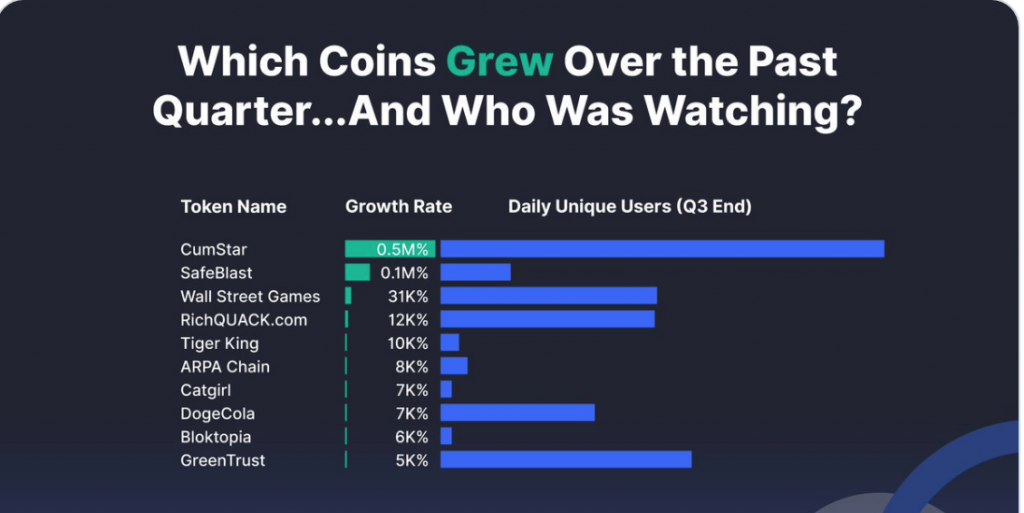
American lawmakers have expressed concern over whether cryptocurrencies are enabling tax avoidance.
Tax Loophole for Cryptocurrency Traders Could Close in U.S. by Next Year
With the uptick in cryptocurrency trading, several publications—including cnbc.com—have raised the issue of how traders are dodging taxes.
This week a recently coined term became widespread, which is “wash trading.” Different from the usual description of this financial no-no, a “wash sale” is when a trader sells a stock or security at a loss and then reacquires the same asset within 30 days in order to lower their capital gains taxes. The IRS prohibits loss deductions for wash sales of stocks and securities.
Wash trading occurs when an investor sells and buys the same asset to create artificial interest in an investment. In other words, they are making the crypto coin seem far more attractive to other investors. Some of these washers are just buying their own money and selling it in a kind of loop.
Crypto is a rapidly evolving field. Rules and definitions are always changing. For example, recently the SEC has begun to focus on regulating ICOs as securities.
If you rebuy a crypto asset after the 30-day period passes, your actions no longer classify as wash sale trading.
With crypto tokens, wash sale rules don’t apply, meaning that you can sell your bitcoin and buy it right back, whereas, with a stock, you would have to wait 30 days to buy it back.
“One thing savvy investors do is sell at a loss and buy back bitcoin at a lower price,” explained Shehan Chandrasekera, a CPA and head of tax strategy at crypto tax software company CoinTracker.io. “You want to look as poor as possible.”
Ty Gaines who is a project manager at Token Tax says there are safer ways to harvest losses on a crypto asset. For example, you could trade the depreciated asset for a coin with which its price is closely correlated, hold that correlated coin for more than 30 days, and then repurchase the original asset. It’s all about timing.
If you are not well versed in crypto and the legalities of its use, it is highly recommended that you become familiar with them before you jump in.
The IRS classifies virtual currencies like Bitcoin, Ethereum, Dogecoin, or even Shiba Inu as property. This means crypto investors are subject to the same taxes on capital gains and losses that apply to other investors, but with one important difference. They escape one rule that applies solely to financial securities: the “wash sale” rule.
But that loophole may be on the way out. In fact, currently, there is a proposal in the U.S. House Ways and Means Committee that aims to apply wash sale rules to digital assets. If the bill passes, wash sale rules for crypto would go into effect in 2022.
read more at cnbc.com







Leave A Comment